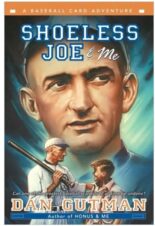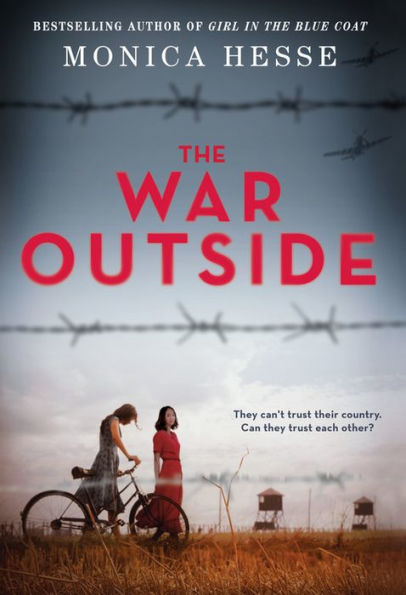
Buy This Book
“We need to have something to go back to so that we can have something to look forward to. We need to have something to look forward to so we don’t lose our minds, and we can all stay together,” Margot. –The Outside War
The War Outside
by Monica Hesse
AR Test, LGBTQ
12+
Score
5.0
336
Margot’s German-American family lived in a small Iowa community. After attending a rally, her father is detained in the family internment camp in Crystal City. In order to keep the family together, Margot and her mother follow him. Since being in the internment camp, her mother’s health is deteriorating and her father is changing. Instead of being a loving father, he is spending time with Nazis and learning how to hate.
Haruko wants to pretend that Crystal City is just another town. She’s made friends and goes to school. On the outside, she looks calm, but on the inside, she is stricken by fear. She questions her father’s innocence and wants to know what he is hiding. Her soldier brother, who is fighting in the Japanese-American unit of the US Army, is also keeping secrets. Haruko wants to know the truth, but will the truth help her family or destroy it?
A dust storm throws Haruko and Margot together. Despite being of different ethnicities, the two start a secret friendship. The two begin to trust and rely on each other. Can this fragile friendship last in the desert prison camp or will the two discover that hate is stronger?
The War Outside gives readers a glimpse of the fear caused by World War II and explains why the internment camps came to exist. Margot’s family highlights how being imprisoned in an internment camp begins to change everyone. Margot’s father’s anger begins to control his actions, and he begins spending time with Nazi sympathizers. Margot struggles with the fact that she loves her father, but doesn’t approve of his actions. Margot knows that “marching with a Nazi swastika is not like algebra, where you can get the wrong answer but be right some of the time. This is all wrong.”
The story is told from the perspectives of both Haruko and Margot, which allows the reader to understand the motivation of both characters. The struggles of the internment camp bring Haruko and Margot together, and they both have romantic feelings for each other. While the girls’ attraction is hinted at, the topic is not explored in depth which makes it hard to relate to the girls’ strong feelings for each other. In the end, Haruko wonders how she can make a decision based on a moment, “for a person I have known barely a month? For a feeling that was so fast and so strong, and that I can barely even describe?” The reader is left wondering the same thing—why are the two girls so devastated by the other’s actions?
There are several family conflicts that should have been explored in more detail. Even though it is clear that the girls love their families, the story lacks family interaction that would have brought their relationships into focus. In the end, the characters lack development, the ending seems rushed, and the conclusion falls flat. Although the story is an interesting read, it will be easily forgotten.
Sexual Content
- Margot and Haruko hide so they can talk. As they are talking, “I (Haruko) press my index and middle finger to my own mouth, which suddenly feels hot and swollen, and hold them there for a minute, and then I take those same fingers and press them against Margot’s. Her lips are chapped. She closes her eyes. . . I feel my pulse, very faintly, in the tips of my fingers, pressing against the cool of Margot’s lips, and slowing so that every beat crashes in my ears.” The two are interrupted.
- While talking to Haruko, Margot “has a sudden urge to touch her nose, her hair, to go with her to the icehouse where it’s dark and private. There is throbbing, deep in the pit of my stomach.”
Violence
- Haruko accidentally hit her sister. Her sister’s “mouth falls open and she reaches to where there are four white finger-shaped lines appearing on the side of her face.”
- Haruko thinks back to when “a car drove past and the window rolled down and the driver threw a bottle of soda at us that splashed all over our clothes.”
- While in the internment camp, Margot finds out that someone “painted swastikas on the barn and burned the house to the ground.” Her family has no home to return to.
- Margot’s father tries to hit his pregnant wife. When Margo stops him, she “reached for his hand and he pulls away from me, and then I’m off balance and spilling to the ground. My mother rushed towards me, but she’s forgotten about the fallen chair. Her foot twists around the rung, and instead of shooting her hands out in front of herself for support the way I did, she’s kept them wrapped around her midsection, protecting her baby.” Her mom ends up with a bruised face.
- There is news that at another internment camp, a riot began and, “guards fired into the crowd with a machine gun. . . Two people died.”
- Two girls drown in the swimming pool. They are “pulled out of the pool, limp as rag dolls.” When people get upset, a guard points a rifle at the people.
Drugs and Alcohol
- The general store sells cigarettes and German beer.
- Some of the men at the internment camp are “building secret distilleries to get drunk on grain alcohol.” This is discussed several times.
Language
- Thank God, for God’s sake, and Oh God are used as exclamations several times.
- Someone calls Haruko a “yellow bitch.”
- A man tells Margot that she would like his son because he’s “not an ass like me.”
Supernatural
- None
Spiritual Content
- During a funeral, the mourners “sing hymns that most of us know by rote. We recite the Apostles’ Creed, we recite the lord’s prayer.”
“We need to have something to go back to so that we can have something to look forward to. We need to have something to look forward to so we don’t lose our minds, and we can all stay together,” Margot. –The Outside War
Latest Reviews

Aaron Judge
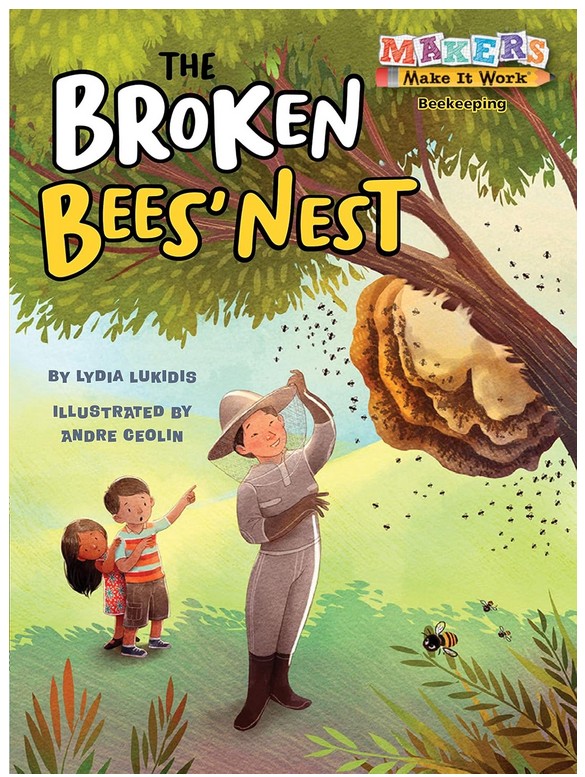
The Broken Bees’ Nest

The Urban Owls
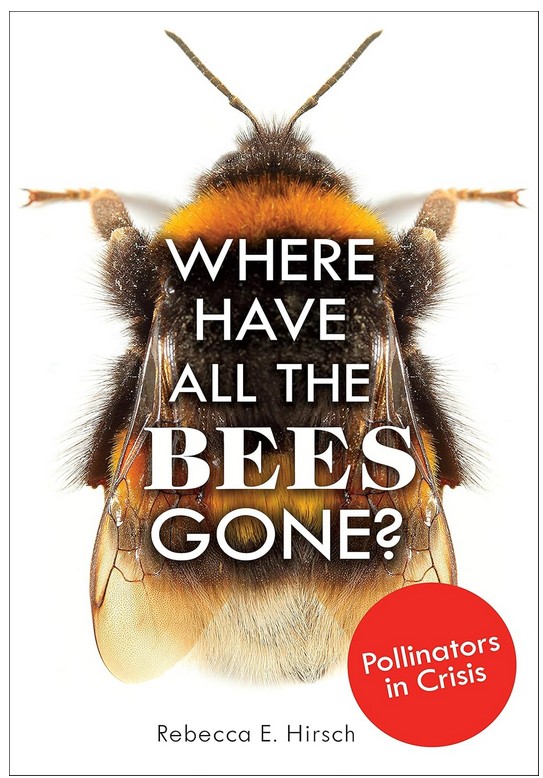
Where Have All the Bees Gone?
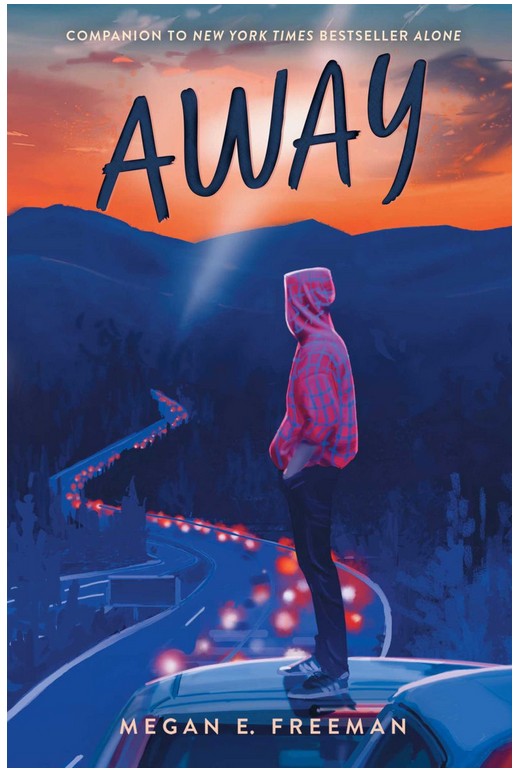
Away
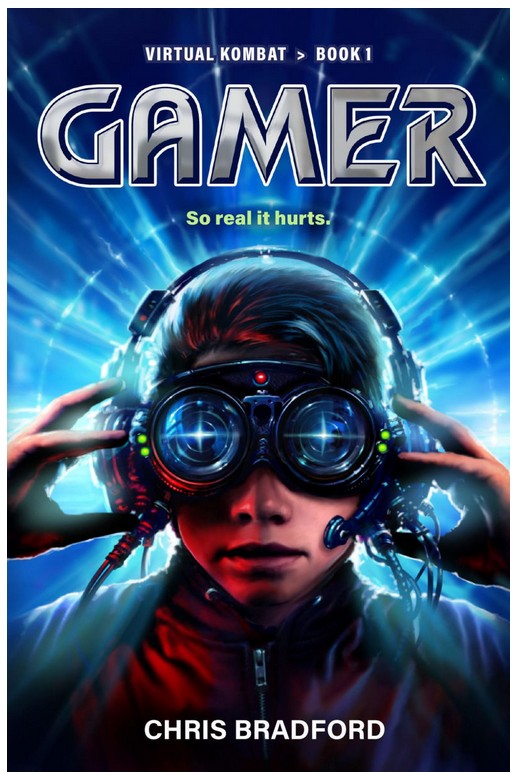
Gamer
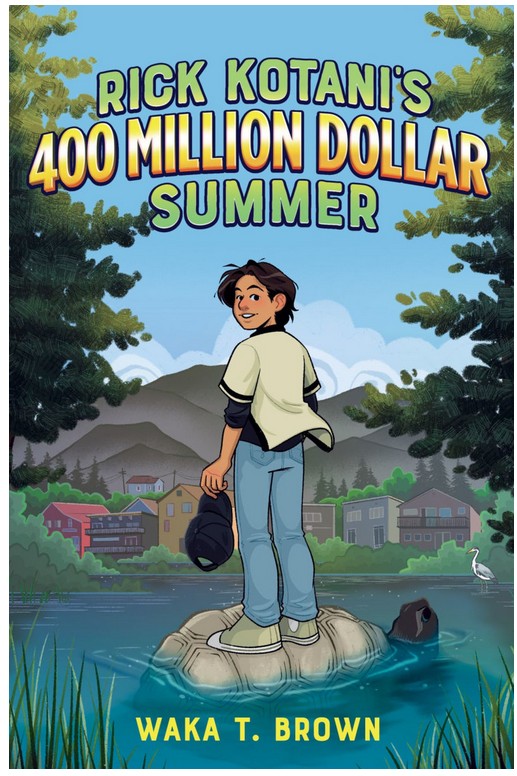
Rick Kotani’s 400 Million Dollar Summer
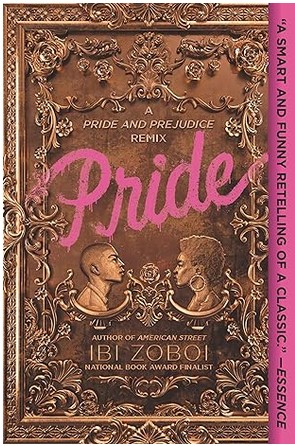
Pride: A Pride & Prejudice Remix
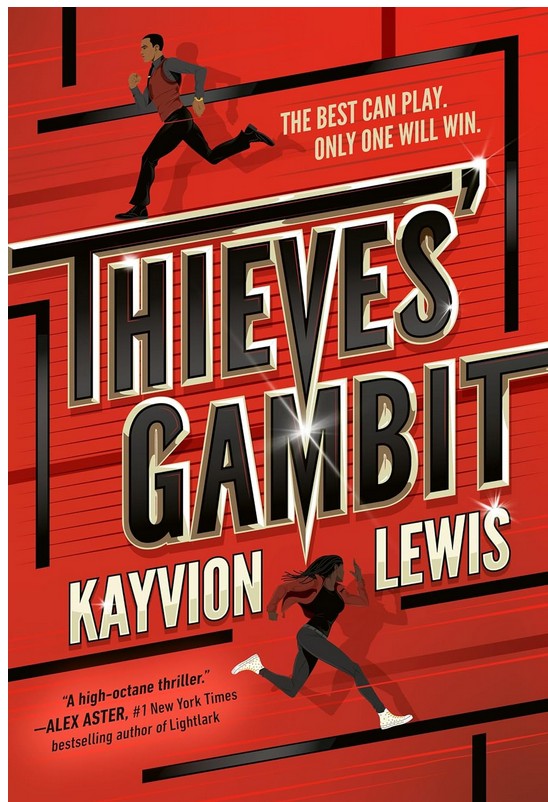
Thieves’ Gambit #1




